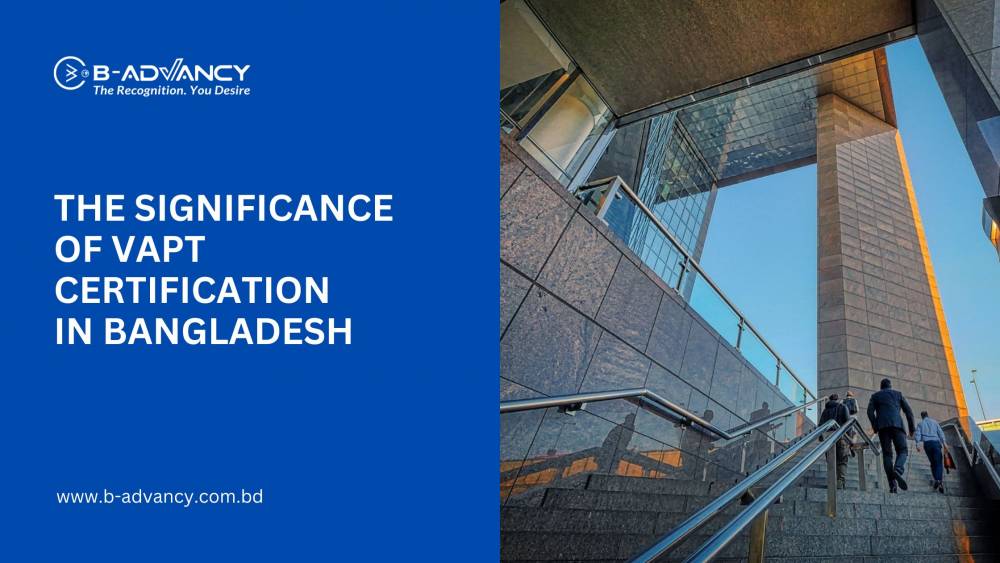In today's competitive landscape, organizations are constantly striving for greater efficiency, improved performance, and enhanced stakeholder satisfaction. While implementing individual management systems for quality, environment, health & safety, and other aspects can be beneficial, integrating them into a unified framework offers even greater advantages. This is where Integrated Management System (IMS) certification shines.
What is an Integrated Management System (IMS)?
An IMS is a strategic approach that combines multiple management systems, such as ISO 9001 (Quality Management System), ISO 14001 (Environmental Management System), and ISO 45001 (Occupational Health & Safety Management System), into a single, cohesive framework. This holistic approach fosters synergy between different management areas, eliminating redundancies and streamlining processes.
Why is IMS Certification Important?
Earning an IMS certification demonstrates your organization's commitment to:
-
Continuous improvement: The cyclic nature of IMS encourages ongoing evaluation and refinement of processes, leading to consistent progress.
-
Operational excellence: By streamlining workflows and eliminating redundancies, IMS optimizes resource allocation and boosts overall efficiency.
-
Enhanced stakeholder satisfaction: Customers, employees, investors, and regulators all appreciate an organization's dedication to quality, safety, and environmental responsibility.
-
Risk mitigation: Proactive identification and management of risks across various spheres strengthens your organization's resilience.
-
Competitive advantage: IMS certification sets you apart from competitors, showcasing your commitment to responsible and sustainable practices.
Benefits of IMS Certification:
-
Reduced costs: Streamlined processes, fewer audits, and minimized resource duplication lead to significant cost savings.
-
Improved communication: A unified framework fosters better communication and collaboration across departments.
-
Enhanced employee engagement: Employees take pride in working for an organization committed to excellence in all areas.
-
Positive brand image: IMS certification demonstrates your commitment to responsible business practices, boosting your brand reputation.
Implementing an IMS:
The journey to IMS certification involves:
-
Defining your organization's context and needs.
-
Selecting the relevant management system standards.
-
Integrating existing systems into a unified framework.
-
Documenting processes and procedures.
-
Training employees on the new system.
-
Conducting internal audits and management reviews.
-
Seeking external certification from an accredited body.
Conclusion:
In today's dynamic business environment, an IMS is not just a "nice to have" but a strategic imperative. By achieving IMS certification, your organization can unlock a wealth of benefits, paving the way for sustainable success. Remember, an IMS is not a one-time achievement but a continuous journey of improvement. Embrace the ongoing process, and watch your organization soar to new heights of excellence.










































































































